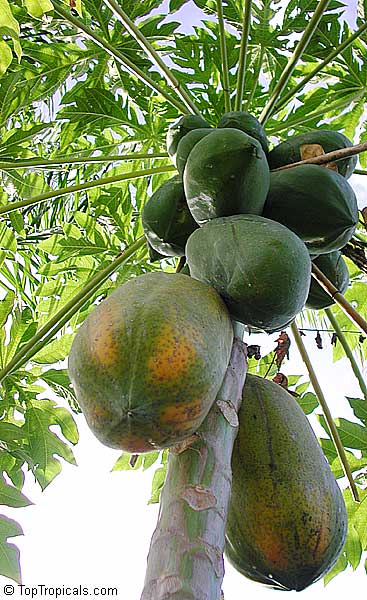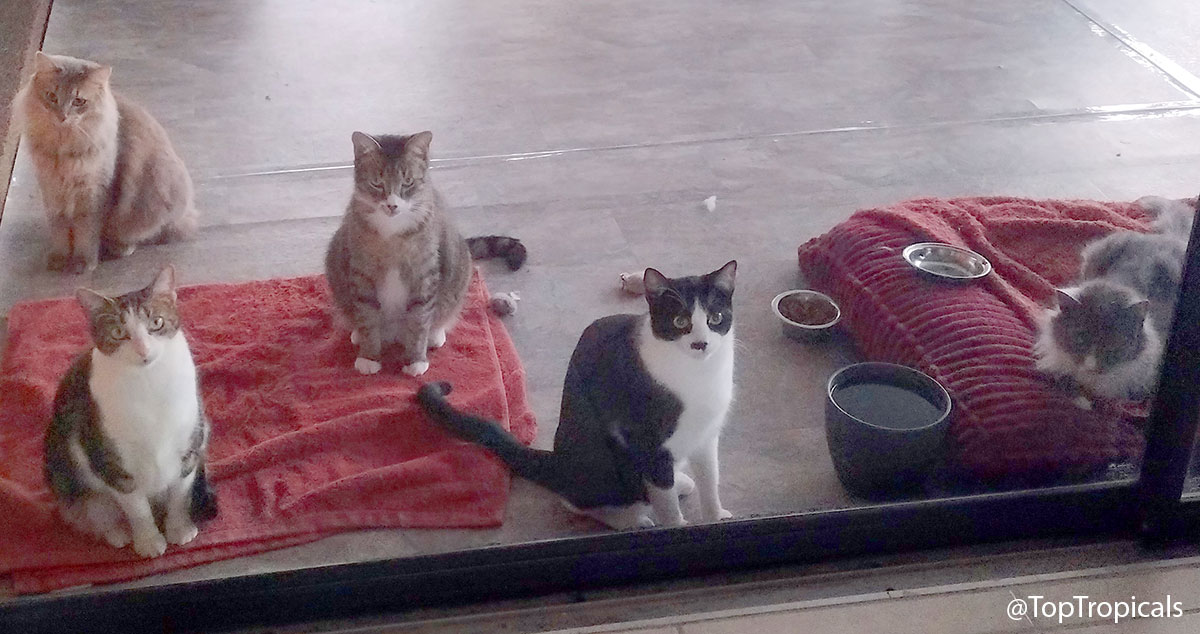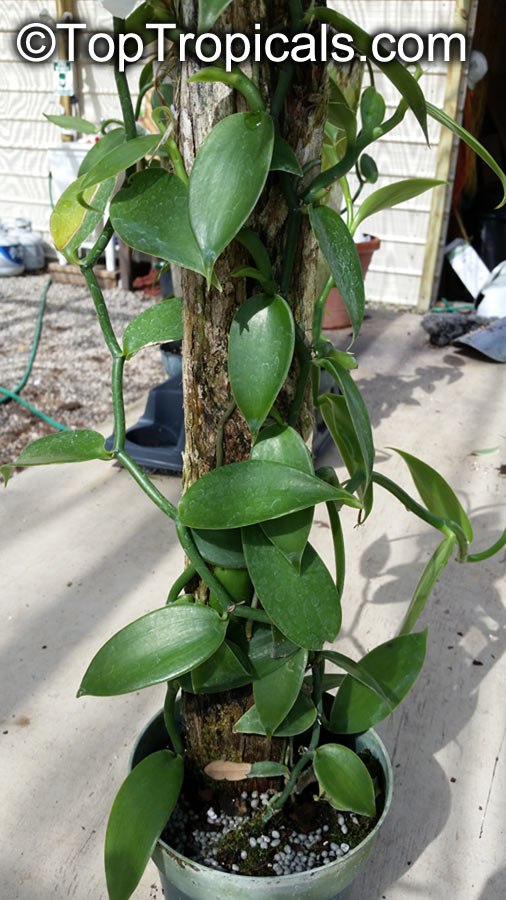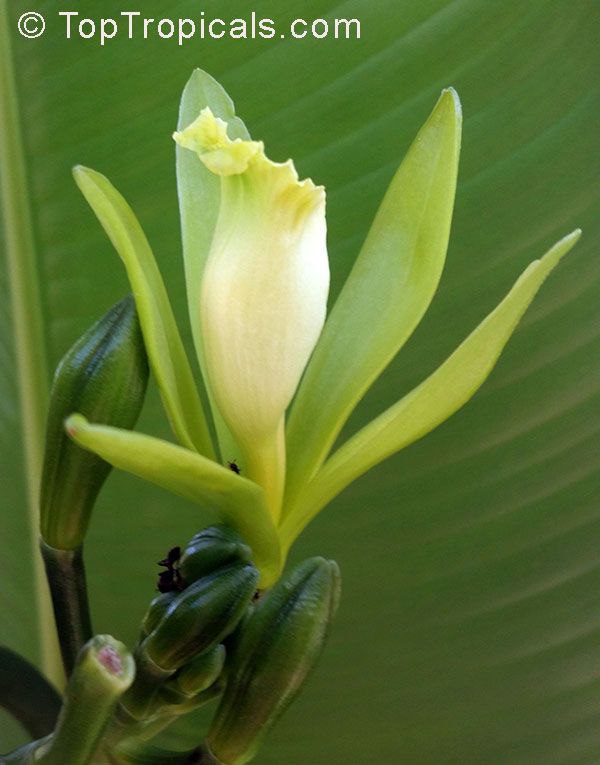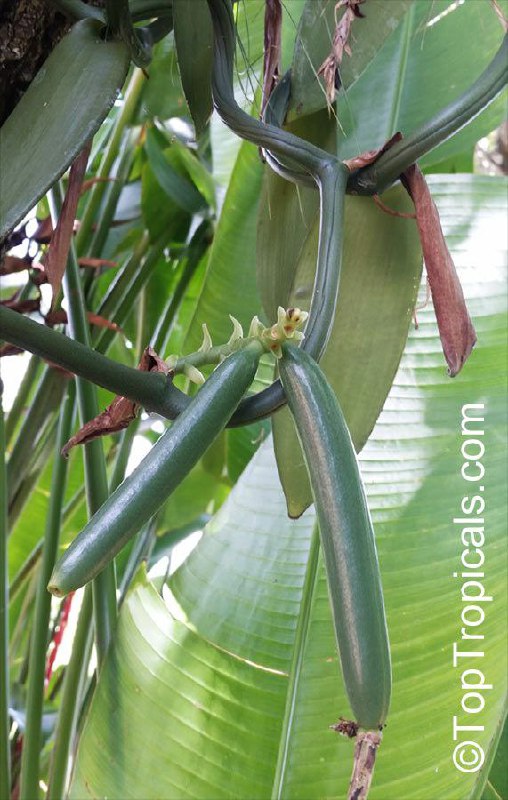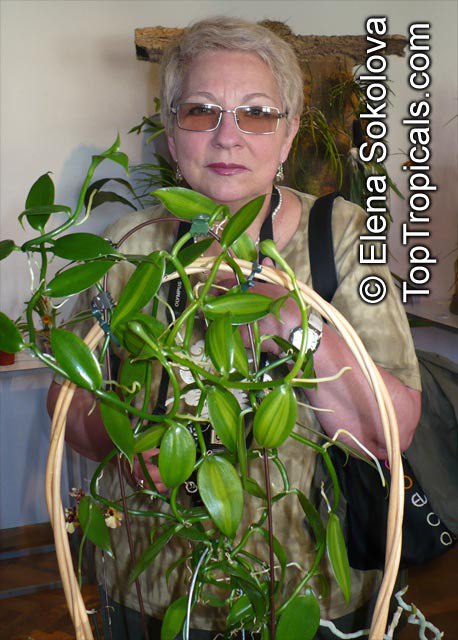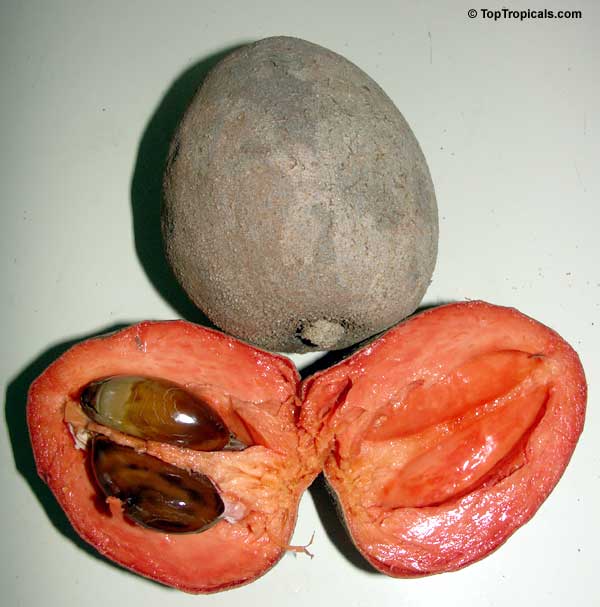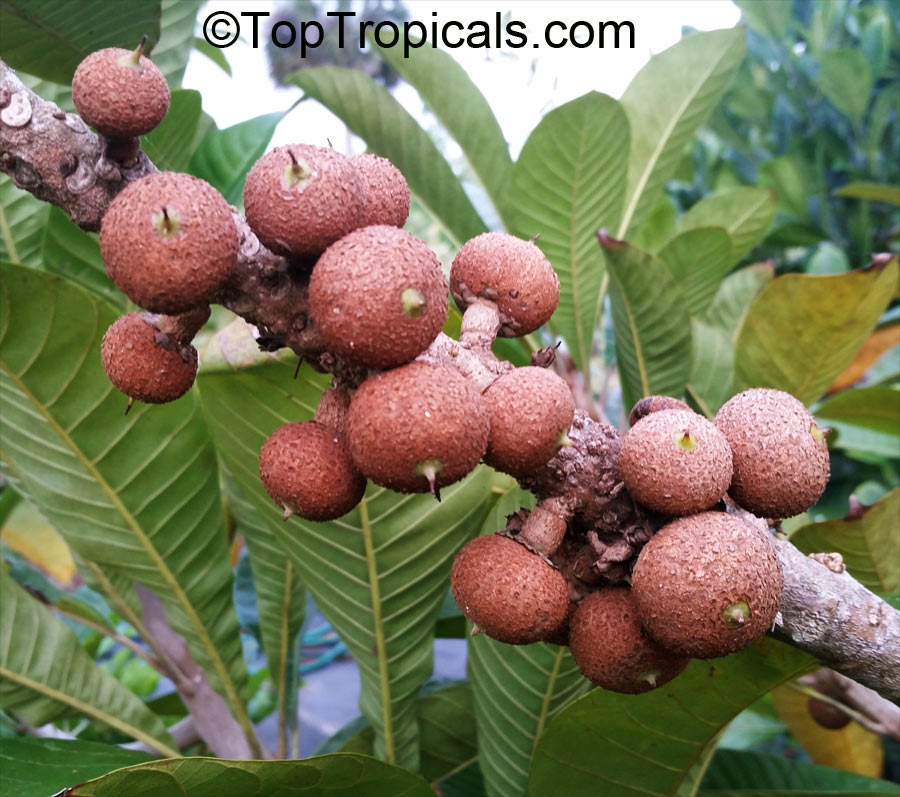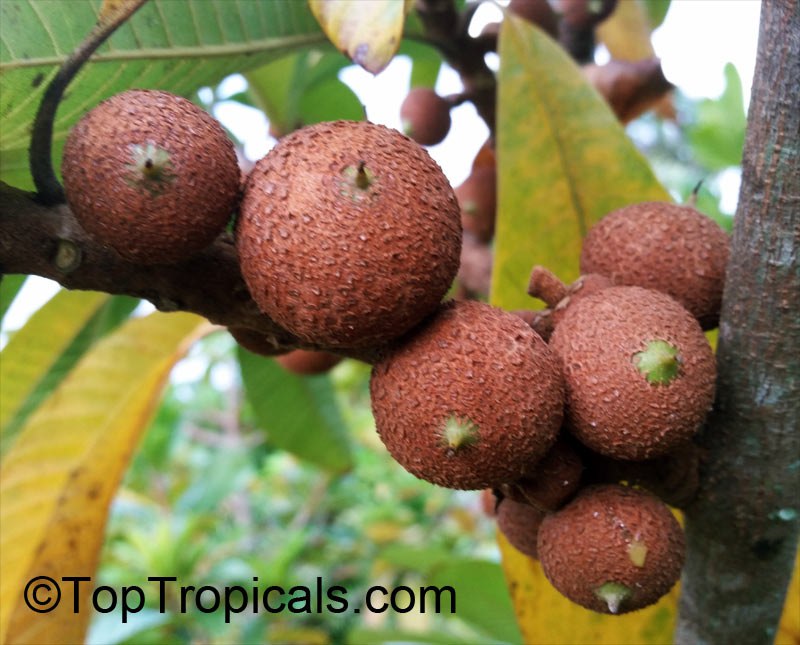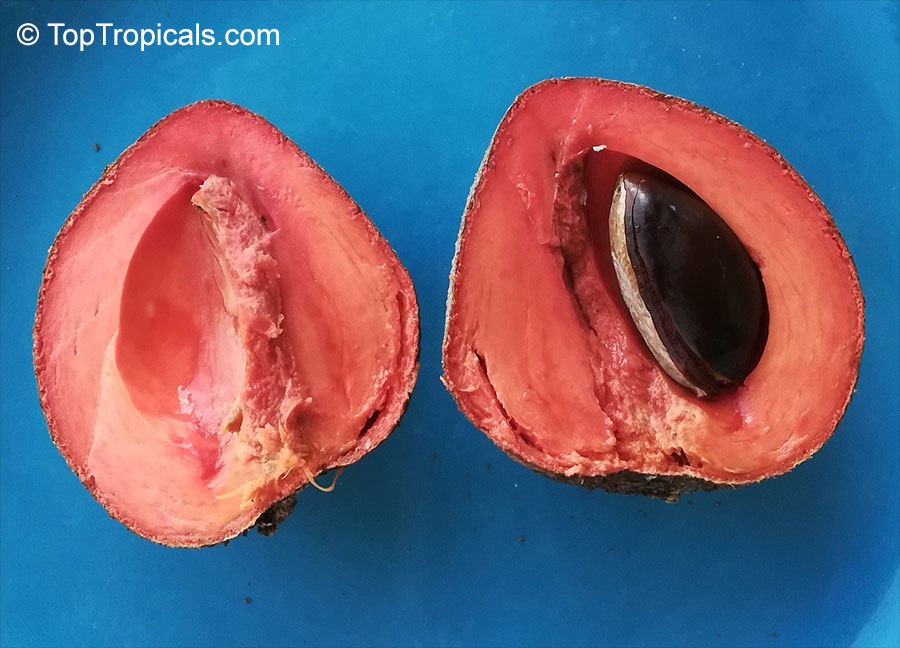Carefree Garden: How Easy Is It to Grow a Papaya Tree?
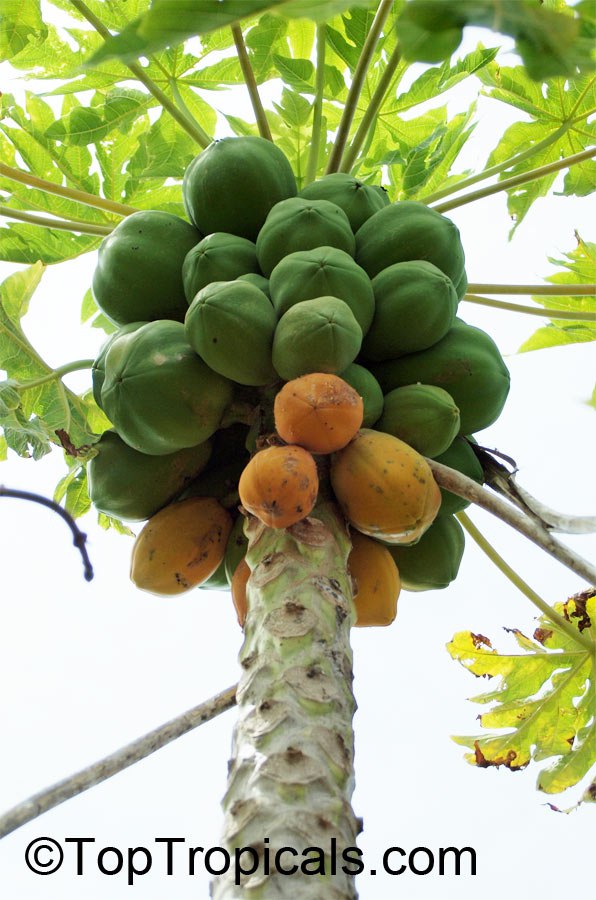
Papaya tree - Carica papaya
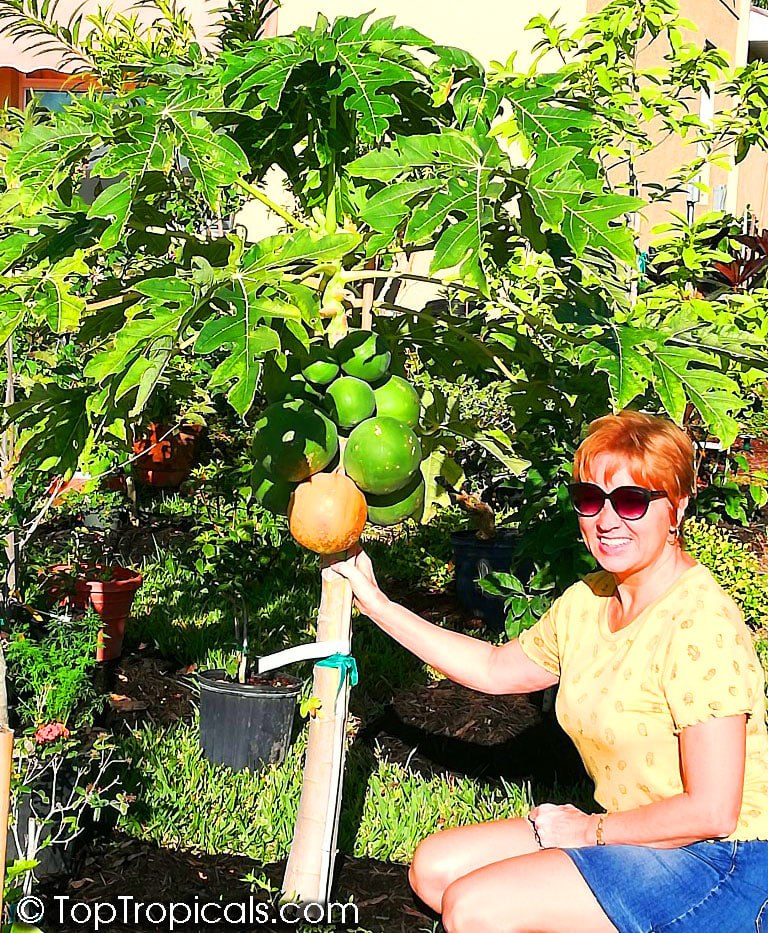
Papaya tree - Carica papaya, dwarf
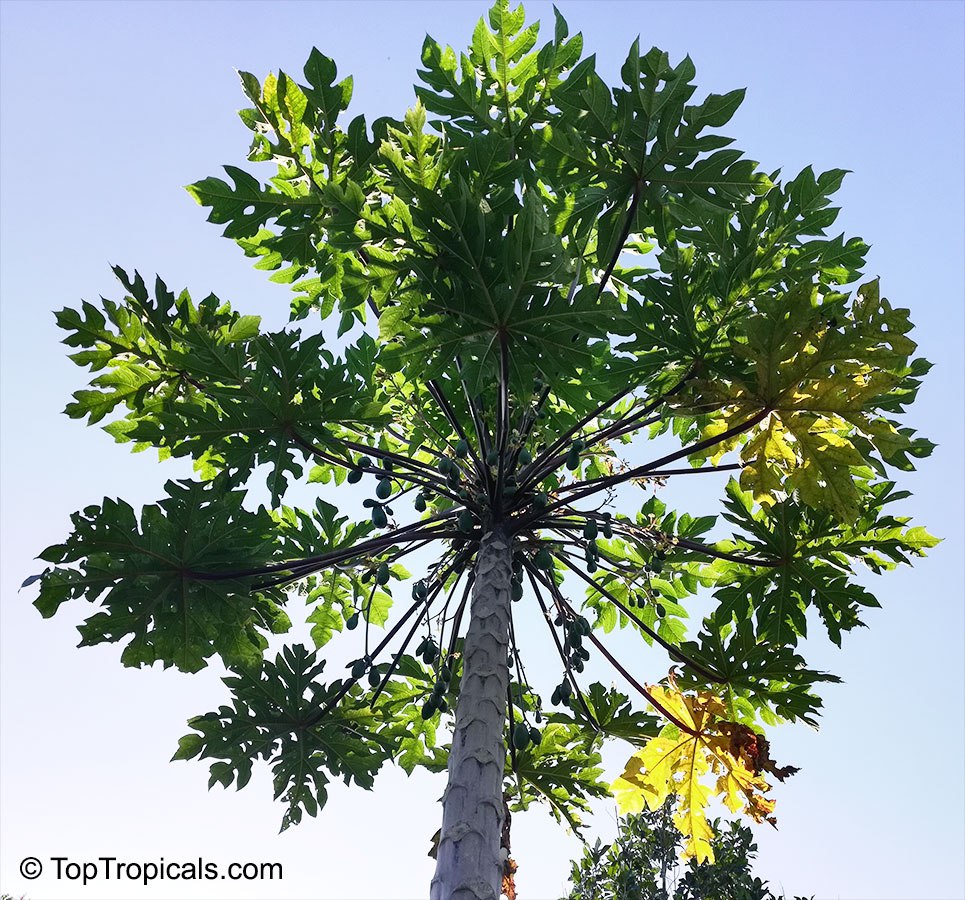
Papaya tree - Carica papaya
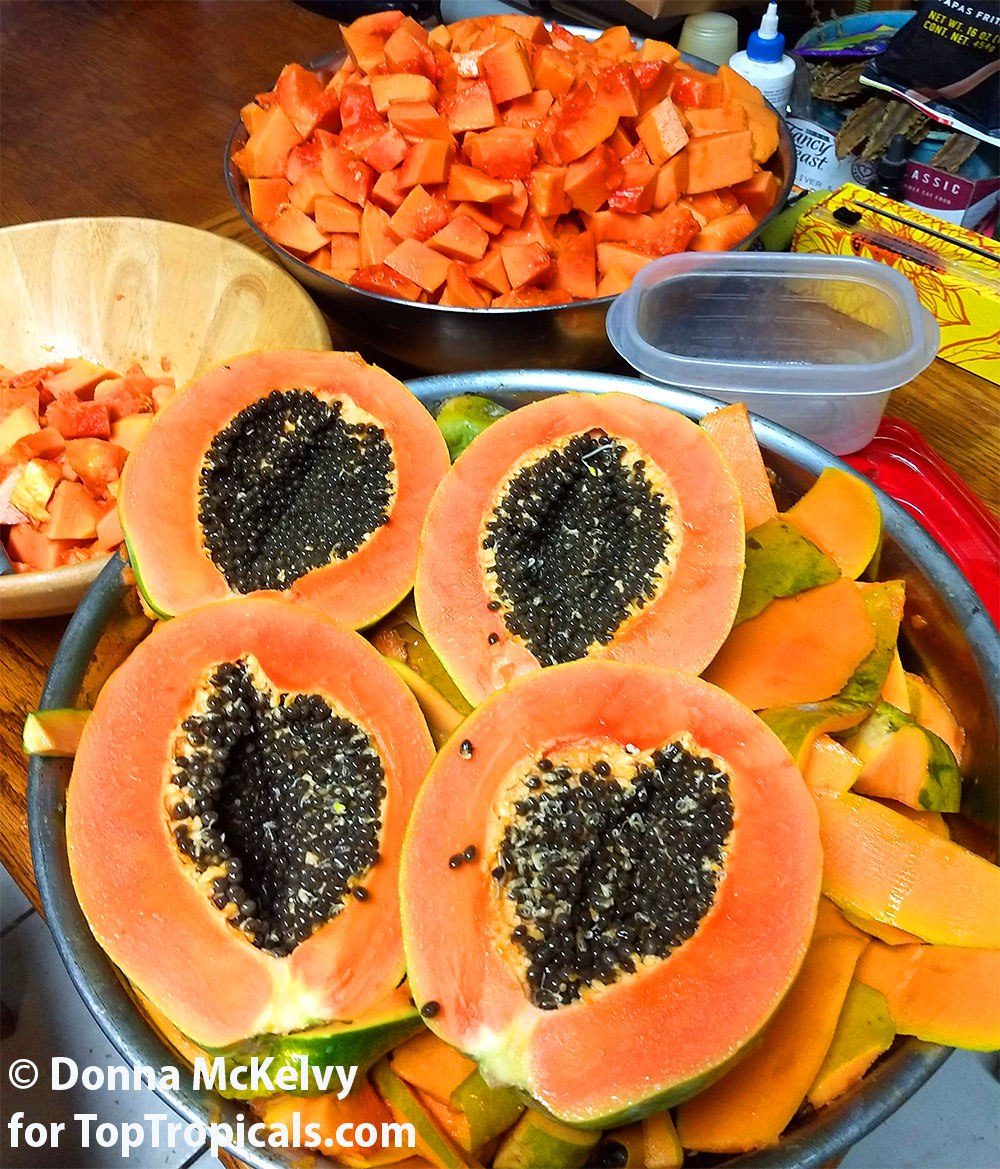
Papaya tree - Carica papaya, fruit
👆 For the previous post:
🎮 Practical Guide to Growing Papaya
- ❤️ Papaya is one of the fastest fruiting plants to grow.
- ❤️ How Easy Are Papaya Trees to Grow?
- ❤️ What Light Levels and Soil Types Are Ideal?
- ❤️ How Much Watering Is Required?
- ❤️ Growing Papayas in Containers
- ❤️ Health Benefits of Papaya
- ❤️ Papayas are a low-maintenance, high-reward addition to a Southern garden or greenhouse collection, whether in the ground or in a container. Their fast growth, year-round fruiting potential, and health benefits make them a must-have for gardeners and fruit enthusiasts alike.
Often starting production the same year from planting a seed, papayas are ideal for gardeners seeking quick rewards. Many dwarf varieties reach only 6-8 feet tall, yet produce large crops of full-sized fruit that are easy to harvest. Papaya trees are space-efficient, making it possible to plant multiple trees in even small gardens. Plant 2-3 different cultivars to enjoy year-round harvests of healthy, delicious fruit.
Papaya trees are exceptionally easy to grow. Technically a large herbaceous plant rather than a true tree, they are resilient and adaptable. They can tolerate light freezes and even hurricane winds without significant damage. Additionally, many varieties are self-fertile, but planting multiple trees encourages better pollination and higher yields.
Papayas thrive in full sunlight, so choose a sunny spot in your garden or balcony. They prefer well-draining, fertile soil enriched with organic matter. Add compost or manure to improve soil quality and ensure healthy growth. Avoid waterlogged areas as papayas are sensitive to standing water.
Papayas need consistent watering to thrive, especially during the growing and fruiting seasons. Water deeply once or twice a week, depending on your climate, ensuring the soil remains moist but not waterlogged. Mulching around the base helps retain moisture and regulate soil temperature.
Papayas can be successfully grown in large containers, making them ideal for gardeners in cooler regions or those with limited space. Choose a container at least 15 gallons in size with good drainage. Use a rich, well-draining potting mix, and place the container in a sunny location. Select dwarf varieties to keep the plant manageable and productive.
Papaya is considered a superfood due to its high nutritional value. Rich in the enzyme papain, it aids digestion and promotes gut health. Papaya is also an excellent source of vitamins A, C, and E, as well as antioxidants that boost immunity and overall wellness. Additionally, papaya leaves can be used as wraps for cooking meats, naturally tenderizing them.
📚More from previous posts:
Top 10 fruit you'll ever need for your health benefits: #4 Papaya
Top 10 fast-fruiting trees: #6. Papaya
How to have fresh Papaya fruit year around
Top 3 most wanted Papaya varieties
The truth about Papaya
Papayas contain a secret enzyme
🛒 Shop Papaya trees
#Food_Forest #How_to
🔴 Join 👉 TopTropicals
